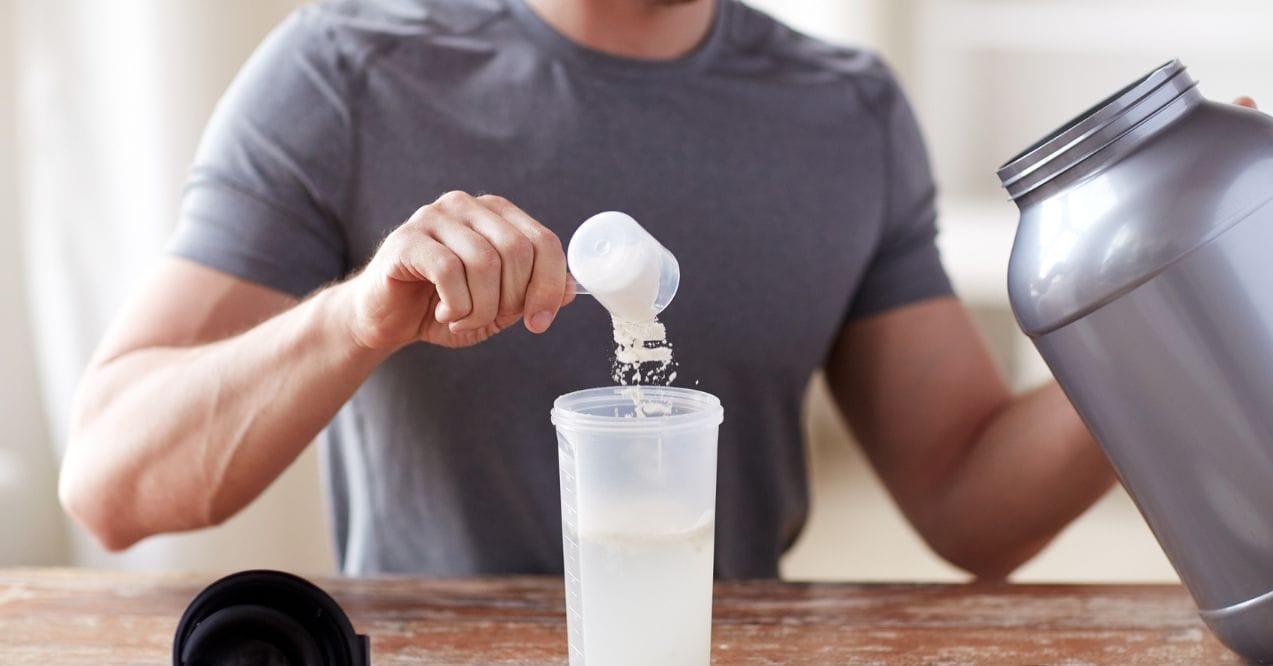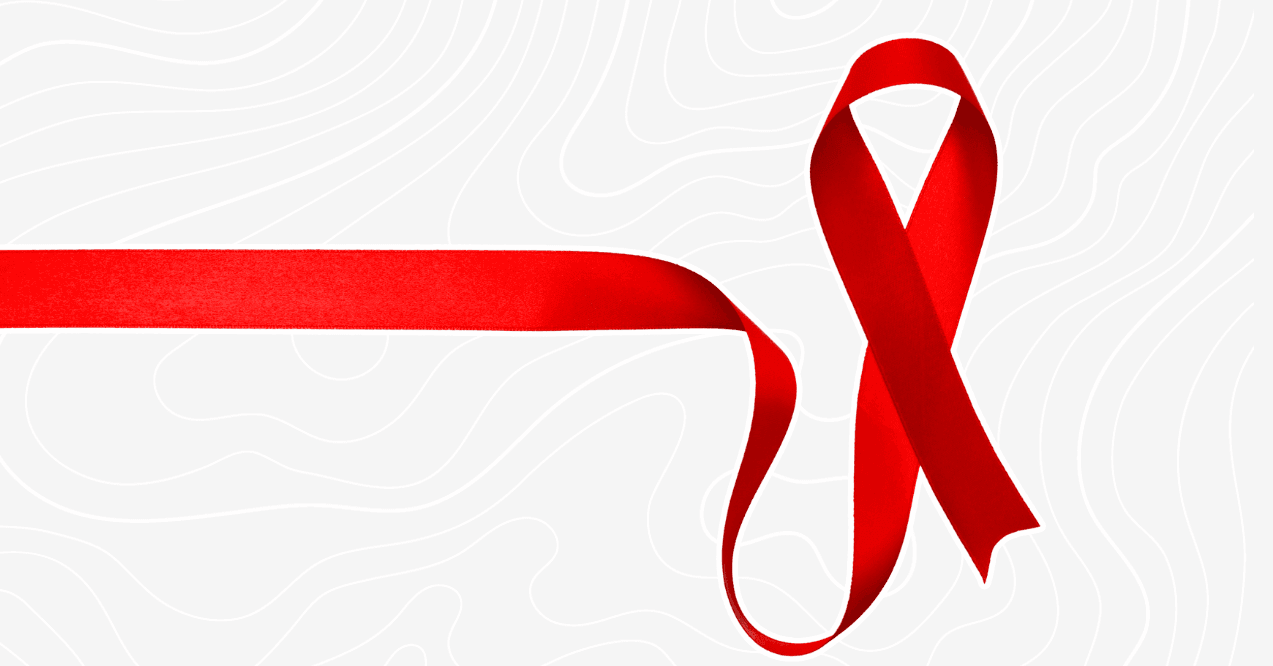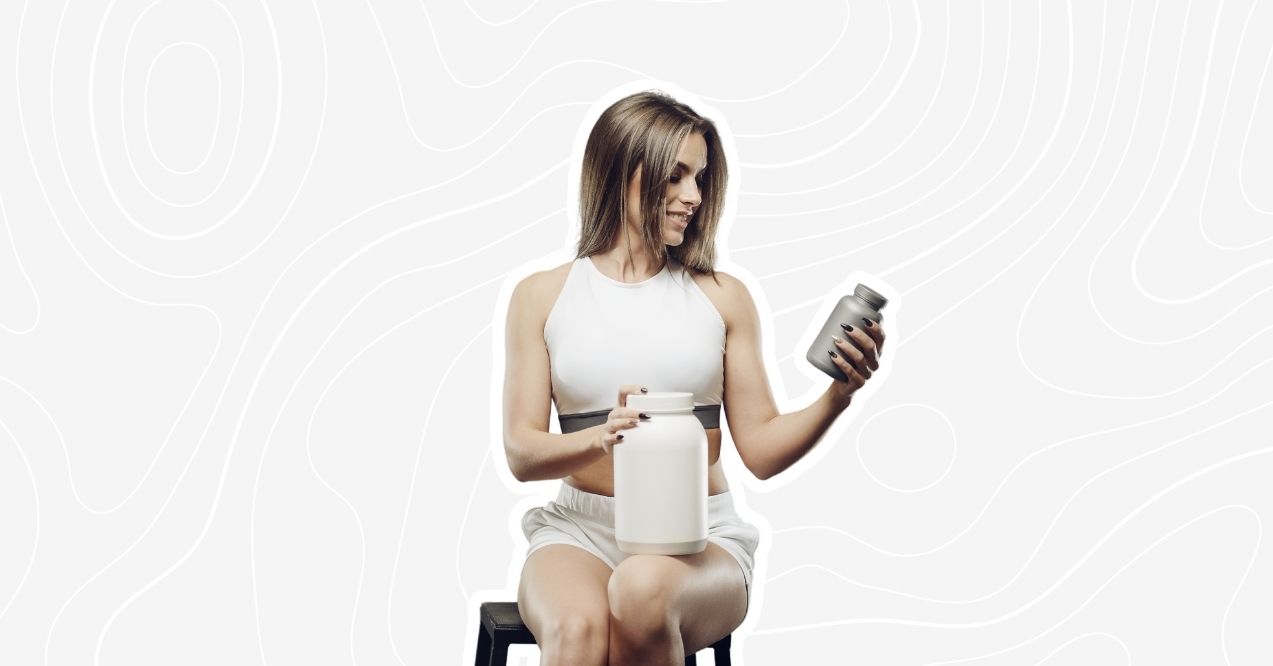Does Ovulation Cause Bloating?
Many women, during their prime reproductive years, encounter that puzzling bloating that seems to magically appear and disappear around the same time each month. You might find yourself asking, does ovulation cause bloating? Well, it’s quite possible that ovulation is the mastermind behind this mystery!
Ovulation, that superhero-like natural process, is when your ovaries roll out the red carpet for a mature egg, typically happening between eleven to fourteen days before the period stage begins. Now, the plot thickens. While it’s not set in stone that ovulation causes bloating, there can occasionally be a connection. Here’s the twist: ovulation sends your hormones on a merry-go-round, which might lead to a mini rollercoaster ride of PMS symptoms – picture tender and swelling breasts, a bit of cramping, and yes – bloating!
But, don’t worry! Though it might feel like an intruder, that bloating sensation usually packs up and leaves in a few days. Plus, by understanding your hormone dance and indulging in some self-care, you can gain the upper hand in managing this not-so-welcome bloating. So, does ovulation cause bloating? Sometimes it might, but you’ve got this!
If you’re one of those who experiences a bout of bloating in the middle of your cycle and keep wondering does ovulation cause bloating? you’re in the right place! Coming up next, we’ve got a wealth of information, expert insights, and some nifty tips and tricks like using superfood powders to help you give ovulation bloating the boot. Keep scrolling – your journey to less bloated, more comfortable days begins right here!
Key Article Findings:
Does Ovulation Cause Bloating and Why?
Does ovulation cause bloating? If you’re nodding “yes,” consider yourself spot on! During the grand premiere of the egg-release part of your cycle, you may feel a bit like an inflated balloon, and no, it’s not some sudden weight gain wizardry. So, what weaves the bond between ovulation and bloating? The answer lies in your hormonal merry-go-round. Hormonal shifts can coax your body to hold on to extra fluid, and voila – you’ve got bloating. This inflated sensation can make its entrance days or even weeks before Aunt Flo pops in for her regular visit.
But, when your hormones decide to be good sports and stabilize, bloating tends to take a backseat. So, understanding your menstrual cycle and how ovulation might throw a bloating party is your secret weapon to manage these symptoms like a champion!

What’s the Connection Between Ovulation and Bloating?
Just before and during ovulation, your hormones hop on an exhilarating rollercoaster ride, preparing for the grand unveiling of the egg. This adventure involves the luteinizing hormone (LH) nudging up estrogen levels, which prompts your body to retain water, potentially setting the stage for belly bloating.
Furthermore, progesterone levels elevate post-ovulation, adding more puff to the bloating balloon. This hormone encourages your cells to cling onto more water. It also gently applies the brakes to your digestive system’s smooth muscles, slowing down the procession of food – or as doctors put it, ‘decreased gastrointestinal motility.’ The consequence? More chances for gas to accumulate and for bloating to seize the limelight.
Is Bloating During Ovulation Normal?
Wondering if bloating during ovulation is normal? You’ve hit the nail on the head! The hormonal shenanigans during ovulation can result in a bit of pelvic puffiness. But remember, if that bloating hangs around a tad too long or if you’re contending with lingering pain, it’s time to invite in the experts. Arranging a check-up with a medical professional to clarify your concerns can ensure you’re not grappling with other hidden conditions that are nudging your way into the picture.
You might also detect a rise in your body temperature when hormones swell during ovulation. These oscillations could be your body’s way of hinting at an egg’s grand entrance. So, if bloating makes an appearance alongside these temperature surges or other ovulatory signals, it’s likely just part of the cycle’s thrilling journey.

How to Get Rid of Bloating While Ovulating?
Women experience a colorful array of changes during the ovulatory phase. Some of these, like amped-up energy levels, a revved-up libido, and a warmer body temp, can make you feel like a rockstar. But other signs, such as changes in cervical mucus consistency, mood rollercoasters, and tender breasts, might not feel like the red carpet treatment.
Among these, bloating often wins the ‘Most Unwanted Guest’ award. It’s crucial to tackle it head-on to make your cycle feel more like a comfy hammock swing than a rocky boat ride. Paying attention to your body’s signals and making small lifestyle tweaks can be game-changers.
For example, what you eat and drink plays a huge role in digestion – not just during ovulation but in everyday life. Some foods and supplements can either support gut health or contribute to discomfort. If you’ve ever felt sluggish after adding new supplements to your routine, it might be worth considering how they impact digestion. Many people, for instance, wonder if protein powder causes constipation. Some formulas lack fiber or contain additives that slow digestion, which can lead to bloating and discomfort. Just like tracking your cycle helps you manage hormonal bloating, being mindful of your diet and supplement choices can make a big difference in how you feel. Now, let’s review the best ways to get rid of bloating while ovulating.
1. Hydrate Yourself More Often

Ever wonder if the secret to tackling your period might be sitting right there in your water bottle? Staying well-hydrated is key to managing those monthly visits from Aunt Flo, and is especially vital when your hormones start doing the cha-cha-cha. Keeping the fluids flowing helps to flush out toxins and ease symptoms like bloating during ovulation.
Ladies prone to dehydration should be extra mindful of their water intake. Why? Dehydration can ramp up feelings of fullness or belly discomfort linked to hormone swings. Think of an extra glass or two of water as your trusty sidekick in keeping irritants at bay and your hormones chill during ovulation.
But don’t rush to chug it all at once. Down too much before bed or on an empty stomach, and you might find bloating sneakily creeping in thanks to fluid retention. The best practice is to spread your sips throughout the day, which can also soothe menstrual cramps. And, it helps flush out excess sodium, which can reduce bloating and keep your digestive system on its A-game.
Plus, staying well-hydrated can give your reproductive health a high-five. Ample water intake helps produce cervical mucus – vital for fertility and conception. Lack of hydration can make the mucus thick and sticky, which can play hide and seek with the sperm, reducing your chances of successful fertilization.
2. Think About Birth Control Options
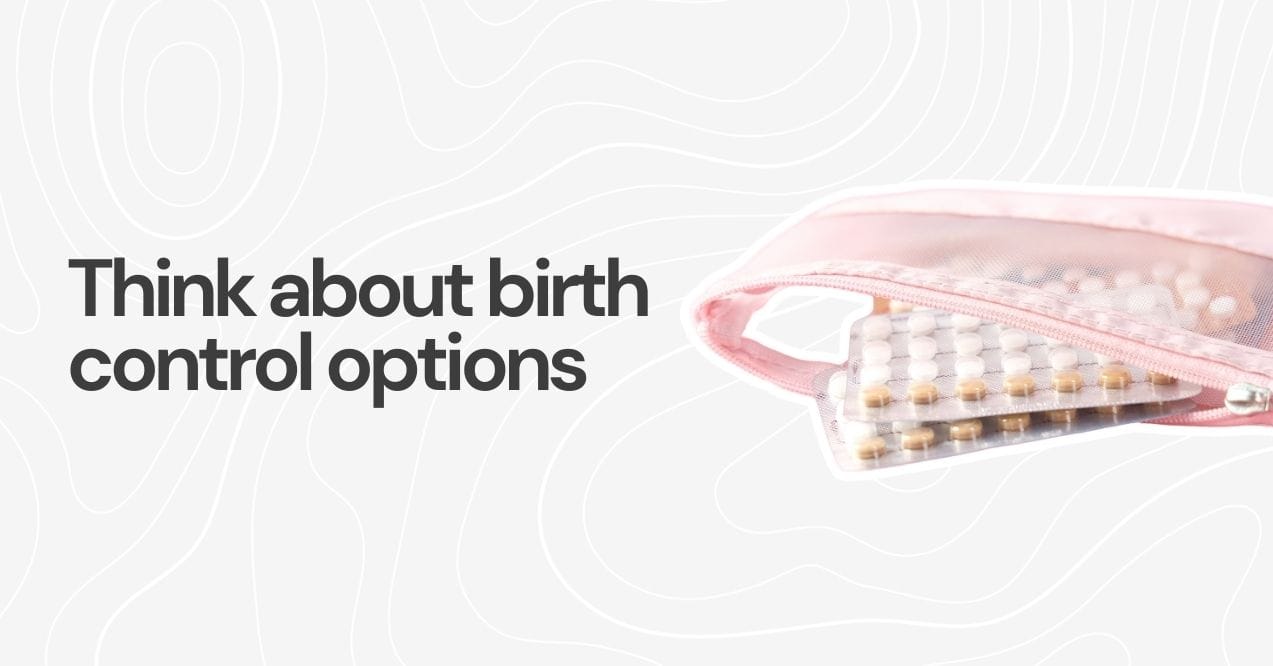
The world of hormonal contraception is full of choices – from pills to patches to rings. These hormone harmonizers can bring relief from those PMS woes like bloating, cramping, and mood swings. Many gals turn to the pill, which can help combat symptoms such as puffy breasts, queasiness, and significant bloating during ovulation.
Certain types of birth control pills nix ovulation, which can ease water retention and bloating caused by hormone swings. Traditional contraceptive pills – the ones on the 28-day cycle containing hormones – help reduce bloating and hit the pause button on fertility for the first three weeks.
But remember, just like picking out the perfect dress, you want to find the right birth control fit for you. Always chat with a medical specialist before starting hormonal contraception to understand the potential side effects and if it’s the right choice for you.
3. Give Supplements a Go
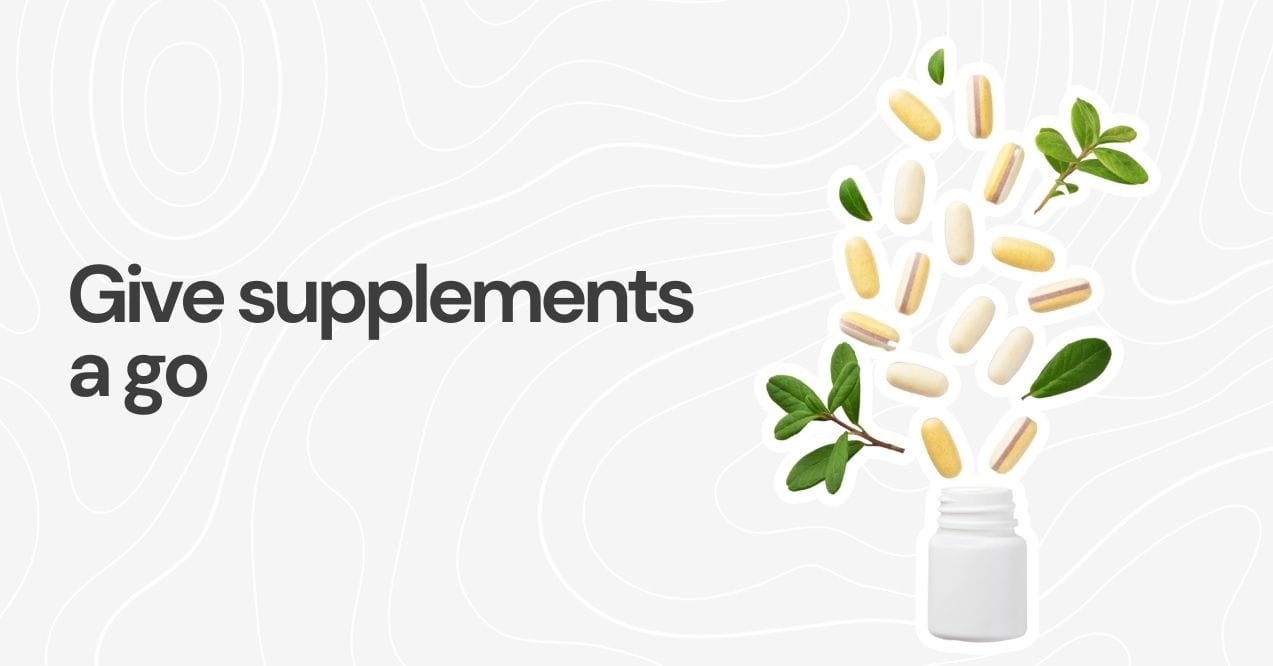
Did you know some reproductive health issues might be tied to nutrient deficiencies? Upping your intake of vitamins or minerals can boost those feel-good serotonin levels, which can help ease ovulatory discomfort. And let’s not forget about Trumeta’s Metabolic Greens, a bloating-busting blend of organic herbs and fruits that helps kick toxins to the curb and minimize bloating caused by water retention.
Incorporating Metabolic Greens into your diet can help banish bloating during ovulation by enhancing nutrient absorption and restoring digestive balance. Plus, they’ve got antioxidant properties that give your skin that goddess glow. Don’t forget about Metabolic Reds, too. They’re great for promoting immune health, giving your gut integrity a boost, and keeping your metabolism and digestion humming along.

And, if you’re dealing with slow-moving digestion, supplements containing enzymes like papain and bromelain can be your digestion superheroes. They’ll help break down carbs and proteins faster, preventing digestive issues and relieving bloating.
Metabolic Reds are also here to assist! They’re on a mission to reduce immune-related swelling, provide friendly fiber for your gut, boost your metabolism, and lend a helping hand with digestion. This supercharged supplement is like a little party in a packet – bursting with vitamins, minerals, probiotics, and digestive enzymes that promote healthy digestion and say a firm ‘No thank you!’ to bloating. And the best part? They come in a powder form that couldn’t be easier to use. Just mix them into your smoothies or favorite drinks for a flavor pop, thanks to their natural sweeteners. Thanks to that!

4. Get Moving with Exercise

Think of physical activity as your secret weapon against bloating! With its superpowers of boosting blood circulation and helping to kick excess fluids to the curb, regular exercise can also ramp up your endurance and reduce those unwelcomed feelings of fullness. Plus, it’s a natural mood-lifter! Thanks to happy hormones like serotonin, you’ll be sailing through your cycle with a smile. For maximum relief, try mild aerobic activities like swimming or running. They’re champs at easing menstrual symptoms and managing periods.
Stretching exercises like pilates or yoga are not just good for your mind – they’re great for toning those tummy muscles too! They’re like your very own ‘feel stronger, reduce bloating’ routine. Plus, the sweating that comes with stretching and exercise is nature’s way of reducing fluid retention. This helps prevent bloating, especially in those areas that often swell when you’re ovulating.
Regular physical activity is like a gift to your menstrual health, making your cycles more predictable and reducing those out-of-nowhere irregularities that cause extra discomfort. It’s also a fab way to maintain a healthy weight, which can help balance your hormones. That’s right, bye-bye bloating, and see you later breast tenderness.
But remember, we’re all unique, and what works for one person may not suit another. So, it’s super important to find the exercise sweet spot that fits your body and menstrual needs. Always listen to your body’s whispers (or sometimes shouts) and seek expert advice if you’re unsure about anything. After all, you’re the boss of your body!
5. Embrace the Calm with Relaxation Techniques

Some ladies might find that bloating during ovulation and stress are BFFs, with the latter sparking off hormones that lead to imbalances and add extra discomfort, including that dreaded belly swelling and cramping. But don’t worry, we’ve got just the remedy: relaxation techniques! They’re like magic potions that shrink stress levels and kick painful bloating to the curb. If you can find a quiet outdoor haven away from your everyday hustle and bustle for a little daily zen moment.
Mindfulness activities like deep breathing are superstars at balancing hormone levels and bringing a sense of harmony to your body. Remember, stress can trigger a whole bunch of body reactions that may mess with your reproductive cycle. So, activities that help lower stress are like superheroes, swooping in to save the day from bloating and other pesky menstrual cycle villains.
If you’re new to the relaxation game and not sure where to start, mindfulness activities are a safe bet. They’re a soft but powerful way to shake off mental stress and tension that might be behind your ovulation bloating. Meditation is another fantastic relaxation technique that helps you focus on your body and clear your mind, making way for healthier habits. Add in listening to calming music, and you’re on your way to combating that ovulation-related bloating.
Let’s not forget about self-care, your secret weapon for max relaxation. Warm baths with Epsom salts or cozy heat packs on your tummy can be like gentle hugs, easing bloating and period discomfort. Top it off with a good night’s sleep during ovulation, and you’re promoting hormone balance and reducing any stress-induced bloating. Remember, relaxation is not a luxury—it’s a necessity!
Final Thoughts
It’s completely normal to feel a bit like a balloon during your menstrual cycle, especially when you’re ovulating. Blame it on estrogen and other hormones—they’re the mischief-makers behind that bloated feeling you get. But hey, don’t worry! This pesky symptom is like a riddle, and you’ve got all the clues you need to solve it: drink water, take supplements, and don’t forget to chill out!
Ovulation bloating might sometimes feel like a wild rollercoaster ride, but it definitely shouldn’t stop you from loving and embracing your fertility journey. Take charge by getting to know the hormonal divas in your body and learning how to keep them in check. It’s like being the conductor of your body’s symphony, ensuring all the parts play in harmony, so you feel healthy and comfy.
If you’re ever in a pickle, wondering if your bloating is just ovulation or something more, give your healthcare provider a shout. They’re like your personal detective, helping you rule out any possible underlying health mysteries. Get cozy with your body’s natural rhythms, and you’ll be on your way to keeping your reproductive system in tip-top shape for the long haul!
Wondering what else can make you bloated? Read an article about creatine and whether it can make you bloated.
Yes, ovulation can cause bloating. Hormonal changes during ovulation may lead your body to retain water, causing bloating. It typically subsides within a few days as your hormones stabilize.
To reduce bloating, stay hydrated, exercise regularly, consider supplements like Metabolic Greens, and practice relaxation techniques like meditation or deep breathing to lower stress.
Yes, bloating during ovulation is normal due to hormonal shifts. However, if bloating persists or is accompanied by pain, it’s important to consult a healthcare provider.
Advertisement. This site offers health, wellness, fitness and nutritional information and is designed for educational purposes only. You should not rely on this information as a substitute for, nor does it replace, professional medical advice, diagnosis, or treatment. If you have any concerns or questions about your health, you should always consult with a physician or other health-care professional. Do not disregard, avoid or delay obtaining medical or health related advice from your health-care professional because of something you may have read on this site. The use of any information provided on this site is solely at your own risk.
